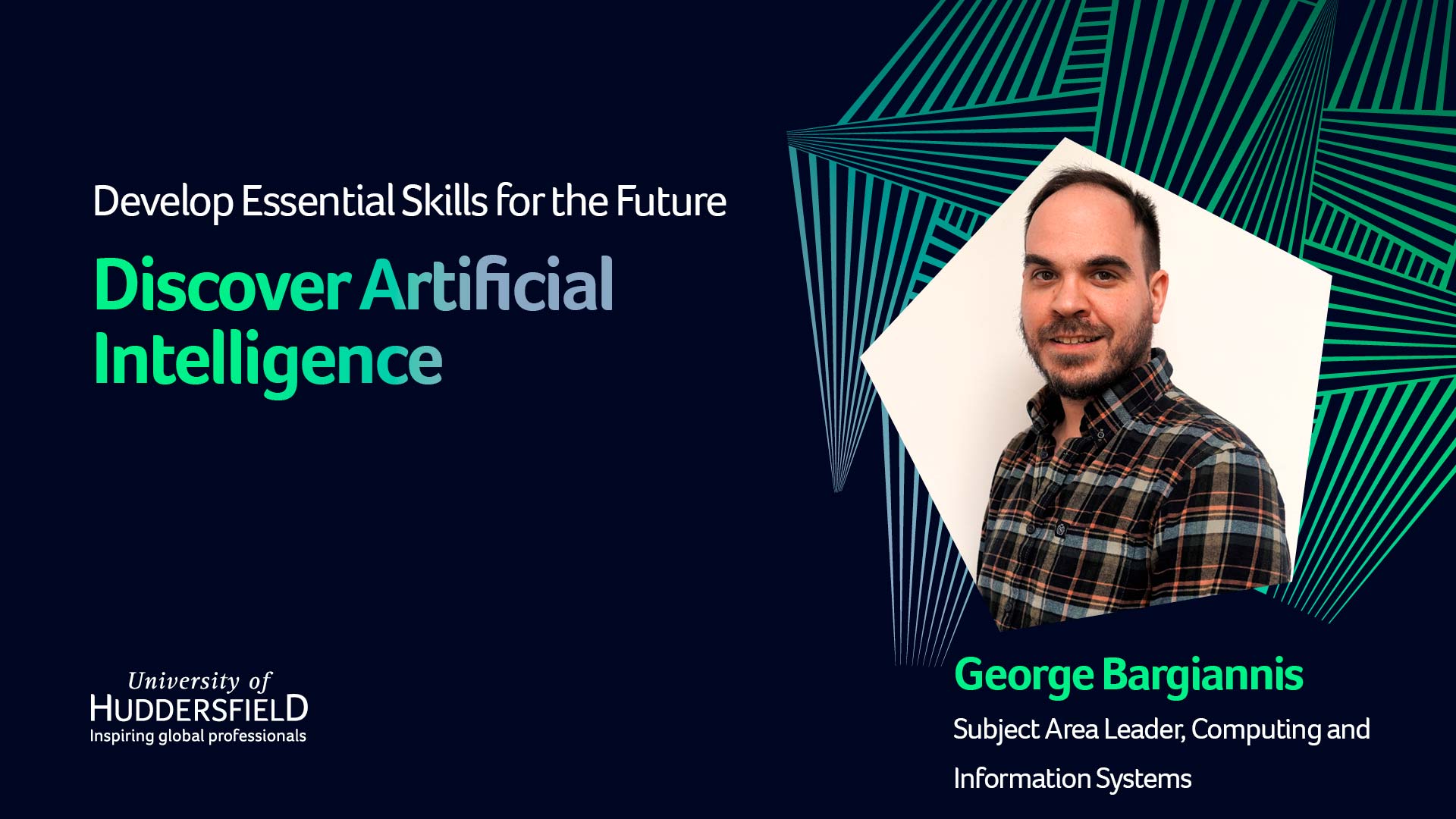Student Blogs

My placement and graduate role at Airbus
Read about Sushmita's placement and eventual graduate job at Airbus

Three Things I Would Tell my First Year Self
Read about the 3 things Reece would tell himself if he could go back to the first few weeks of his studies.

A day in the life of a Computer Science student
Join John, a 2nd Year computer science student as he takes you through a typical Monday

Why I choose to study Software Engineering
Read about Mandini's story and why she chose to study Software Engineering at the University of Huddersfield

Why I decided to study Software Engineering
Find out why James chose to study Software Engineering








